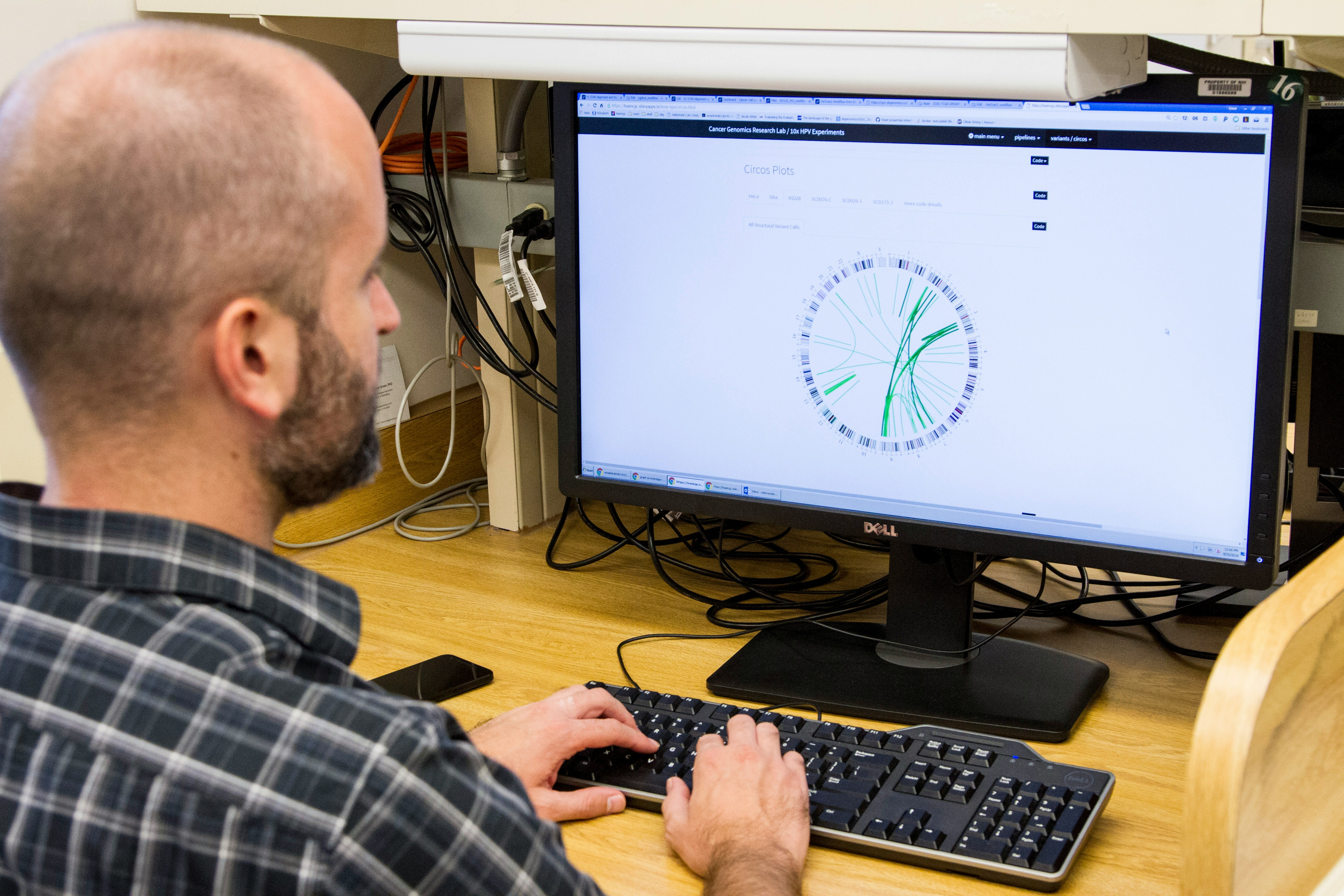Criminal Justice
Navigating the Path to a Career in Criminal Psychology: A Guide for Prospective Master's Students
Embark on a guided journey towards a career in criminal psychology with our comprehensive master's student's roadmap. Navigate through the intricate steps and essential considerations tailored for prospective students. Explore program insights, specialization options, and career prospects to make informed decisions. Equip yourself with the knowledge and resources needed to carve a rewarding path in the fascinating field of criminal psychology.
Feb 26, 2024
If you're interested in pursuing a career as a criminal psychologist, you may be wondering what steps you need to take to get there. A master's degree in criminal psychology or a related field is typically required to become a criminal psychologist.
Criminal psychology, also known as forensic psychology, is the application of psychological principles and methods to the criminal justice system. Criminal psychologists work with law enforcement, courts, and correctional institutions to understand the behavior and motivations of criminals. They may also work with victims and witnesses to help them cope with the trauma of criminal events.
To become a criminal psychologist, you will need to earn a master's degree in criminal psychology or a related field such as forensic psychology, clinical psychology or criminology. Some programs may also require you to have a bachelor's degree in psychology or a related field.
During your master's program, you will take courses on topics such as criminal behavior, psychological assessment, and legal issues. You will also complete a supervised practical experience, such as an internship, which will give you hands-on experience in the field.
After you have earned your master's degree, you will need to gain practical experience in the field. This may involve working as a psychological assistant, research assistant, or intern in a criminal justice setting. Some states may also require you to have a certain amount of supervised professional experience before you can become licensed.
In addition to a master's degree, most states require criminal psychologists to be licensed as a psychologist. This typically involves passing an exam and meeting other state-specific requirements.
In conclusion, becoming a criminal psychologist requires a master's degree in criminal psychology or a related field. You will need to take courses on topics such as criminal behavior, psychological assessment, and legal issues and complete a supervised practical experience. Gaining practical experience in the field and obtaining a license are also important steps in becoming a criminal psychologist. If you are interested in the field of criminal psychology, consider earning a master's degree in criminal psychology or a related field and gaining practical experience to start your journey towards this rewarding career.


